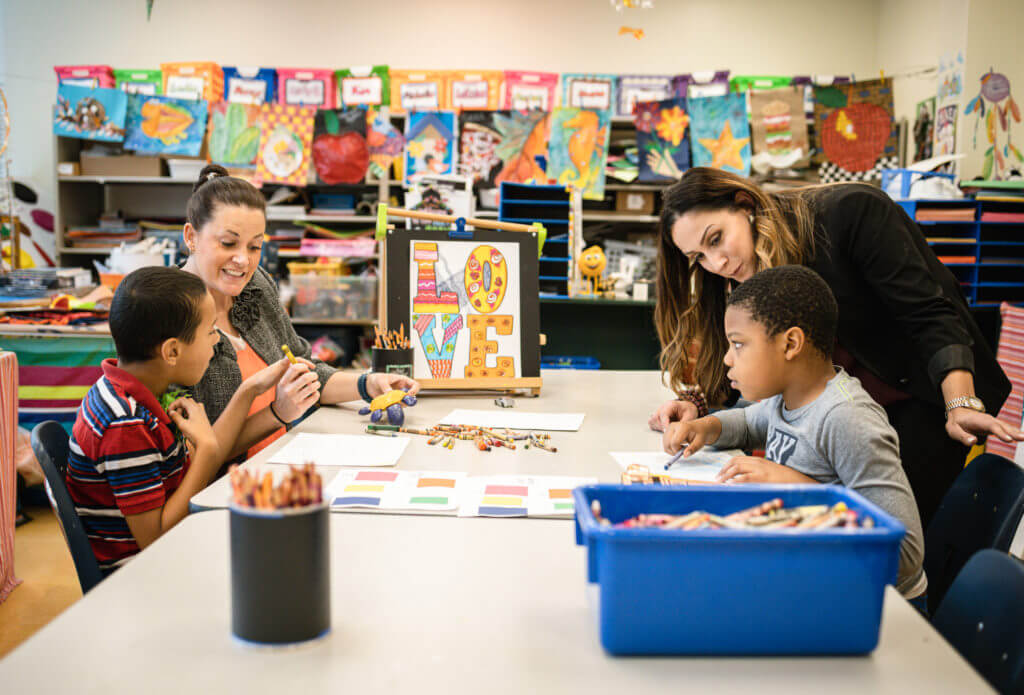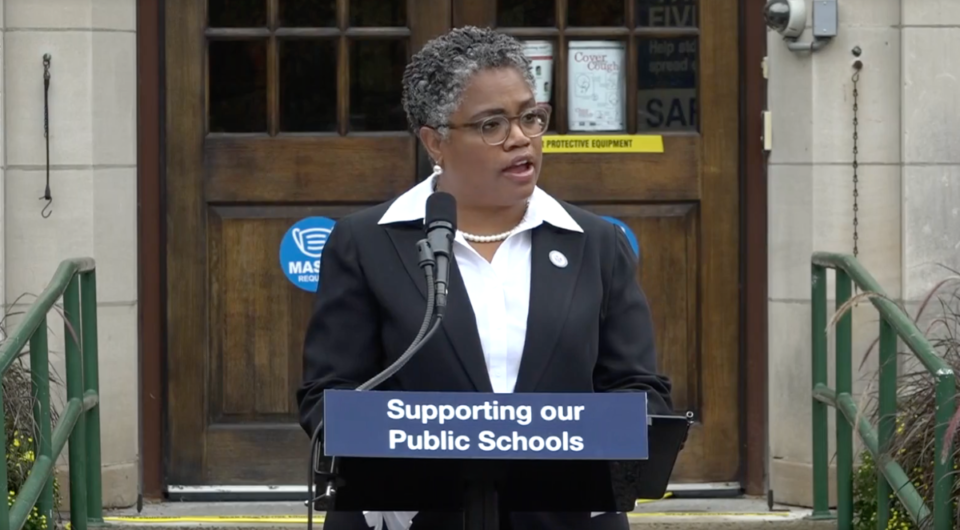
O’NEILL: Camden Partners–Charter and District–Work Together To Improve Outcomes for Students with Disabilities
April 7, 2022
With Friends Like Biden and Murphy, Who Needs Enemies?
April 8, 2022‘This Curriculum Makes Me Sick’: NJ Parents React to New Sexual Health Standards
In 2020 the New Jersey State Board of Education approved new content for teaching students about health and sexual education; these standards well be implemented in September 22 in NJ classrooms While some parents applaud the updates–Professor Daniel Rice of Rutgers University explains the standards “are similar to the standards that have been in place for the past five years”—other parents are not as thrilled.
“I am honestly appalled at this curriculum,” said Maria DeMaio-Esposito, a Howell parent of two. “I am debating whether to place my child in a private school if I can afford it. Is this curriculum really necessary? Children need to stay children. Their innocence is beautiful and I do not want their little minds filled with this very adult topic.”
Sharon Orcutt, a Freehold mother of a third-grade girl, agreed: “I don’t agree with it at all. Not all kids are ready for this health learning in elementary school or maybe the parents don’t want their child to know until 5th grade.”
Paula McCarthy-Mammana of Jackson said the curriculum “makes me sick,” adding that opting out has a social stigma that is unfair: “my granddaughter is going to be entering eighth grade, if she opts out of a class she’s going to be looked at by her peers in a different manner. She may be bullied or harassed and I don’t agree with a child being targeted because of family moral issues.”
The full curriculum for Comprehensive Health and Physical Education is here. These are the standards for the section called “Social and Sexual Health”:
By the end of second grade:
Every individual has unique skills and qualities, which can include the activities they enjoy such as how they may dress, their mannerisms, things they like to do. • Families shape the way we think about our bodies, our health and our behaviors. • People have relationships with others in the local community and beyond. • Communication is the basis for strengthening relationships and resolving conflict between people. • Conflicts between people occur, and there are effective ways to resolve them.
By the end of fifth grade:
All individuals should feel welcome and included regardless of their gender, gender expression, or sexual orientation. • Family members impact the development of their children physically, socially, and emotionally. • People in healthy relationships share thoughts and feelings, as well as mutual respect.
By the end of eighth-grade:
Inclusive schools and communities are accepting of all people and make them feel welcome and included. • Relationships are influenced by a wide variety of factors, individuals, and behaviors. • There are factors that contribute to making healthy decisions about sex.
By the end of twelfth-grade:
How individuals feel about themselves, their identity, and sexual orientation can be positively or negatively impacted by a wide variety of factors. • Healthy individuals establish and maintain healthy relationships by utilizing positive communication and social skills to interact effectively with others. • There are many factors that influence how we feel about ourselves and the decisions that we make. • There are state and federal laws which provide access to sexual health care services for minors and to protect minors from unhealthy sexual situations.




